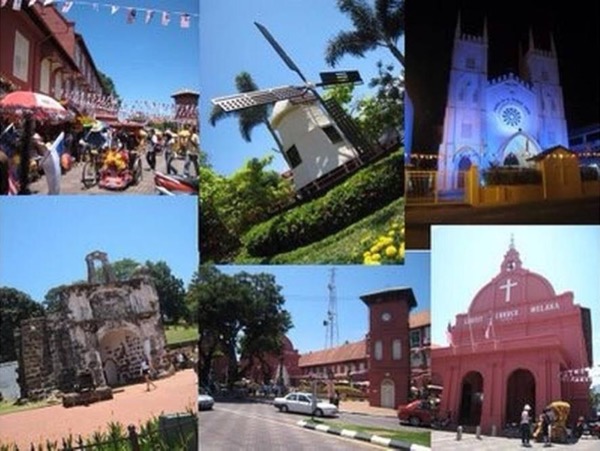BULLOCK carts were one of the earliest forms of transportation in the country. The driver and passengers sat in the front section of the two-wheeled vehicle and goods were placed in the back. Traditionally used to transport bulk quantities of agricultural products like padi and straw, bullock carts were also used for garbage collection in major towns before World War Two.
But it was no ride in the park. The cart driver was often at the mercy of the stubborn animals. When they were overworked, no amount of persuasion could make them continue the journey. More often than not, the driver had no choice but to wait patiently until the beasts were ready to move again.
This ancient mode of transport is still in use today in places where modern vehicles are considered to be too expensive or when the terrain is too rugged. Closer to home, tourists in Malacca can still go for a ride in a gaily-decorated traditional bullock cart (kereta lembu).
Bullock carts were said to have been introduced by Indian traders during the Malacca Sultanate. Some even sported a woven attap roof to protect against the elements. It looks like the bullock cart in this photograph was transporting firewood to private residential homes in Penang.
Firewood was the main source of fuel for cooking in the early 20th Century as electric and gas stoves had yet to be introduced.
This picture postcard, however, was incorrectly captioned as a scene in Singapore. This background building shows the family temple and townhouse of Kapitan Chung Keng Quee located in Church Street Penang.
The house, said to have been built in the 1890s, contains a wondrous selection of woodcarvings, sculptures, stone work and decorative cast iron. Keng Quee, who came from China to look for his father and elder brother, subsequently became the Kapitan China of Perak and a prominent member of the Perak State Council. The term Kapitan China was originally a Portuguese title for the representative of the Chinese enclave.
Keng Quee was once the leader of the Penang-based Hai San secret society which fought the Ghee Hin in the protracted Larut Wars. The three Larut Wars (1861-1872) were fought to gain control of the rich tin fields in Taiping. His fourth son, Chung Thye Pin, was said to be the last Chinese Kapitan in Malaya when he was conferred the title by the Sultan of Perak in 1921.
Read more: TRAVELLER’S TALE: Going places in a bullock cart http://www.nst.com.my/nst/articles/TRAVELLER__8217_STALE_Goingplacesinabullockcart/Article/#ixzz1B0wUVT7W

No comments:
Post a Comment